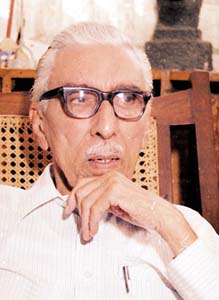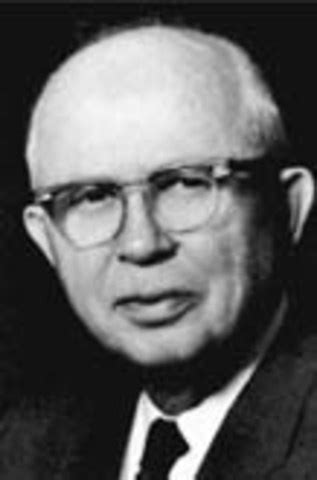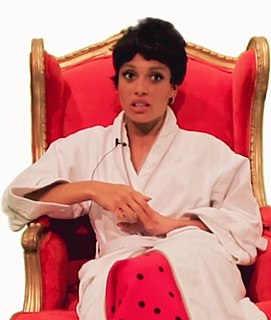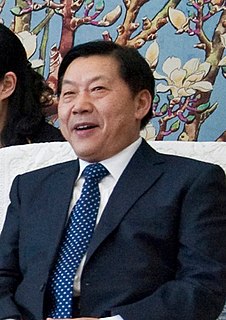A Quote by Milos Forman
The worst evil is - and that's the product of censorship - is the self-censorship, because that twists spines, that destroys my character because I have to think something else and say something else, I have to always control myself.
Related Quotes
One of the curious things about censorship is that no one seems to believe in it for himself. We want censorship to protect someone else— the young, the unstable, the suggestible, the stupid. I have never heard of anyone who wanted a film or speaker banned because otherwise he himself might be harmed.
Self-censorship happens not only in China, or Iran or ex-Soviet places. It can happen anywhere. If an artist penetrates a certain taboo or a certain power through their work, he or she will face this problem. I'm always saying that commercial censorship is our foremost censorship globally today. Why do we still pretend we are free?
In a perfect world, there would be no censorship, because there would be no judgement. I find the hypocritical aspect disconcerting, to say the least. We can show people being murdered on television, but I'm not able to say "chickenshit" in public. At the same time, I understand that people are afraid. Because I think censorship is about fear. It's just fear being projected onto art.
What I would say to anyone who wants to be a model is, have something else. This shouldn't be your be-all and end-all in life: there are so many other amazing things to be done in the world. I also think that the industry really celebrates a woman who does something else. So keep at it, but always have something else.
Sometimes I think you have to try to do things that people don't think are doable. I remember at the very beginning actually, the first person I had to convince was myself really because there's a self-censorship. When everybody says 'we don't do silent movies anymore,' you agree with everybody, and you say 'yeah, you're right.' It was a fantasy.






































